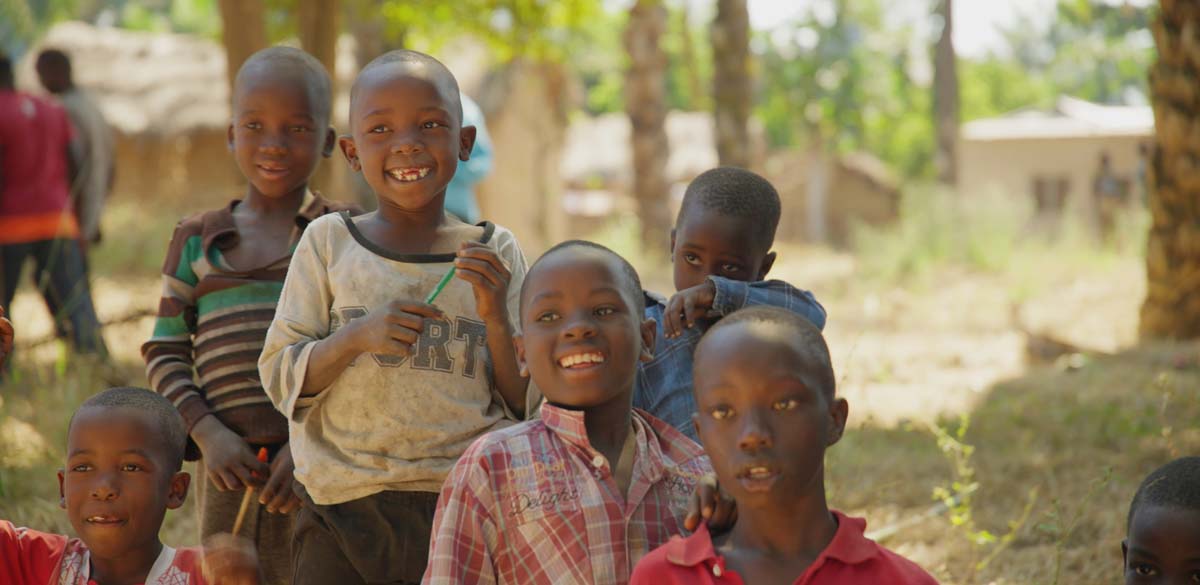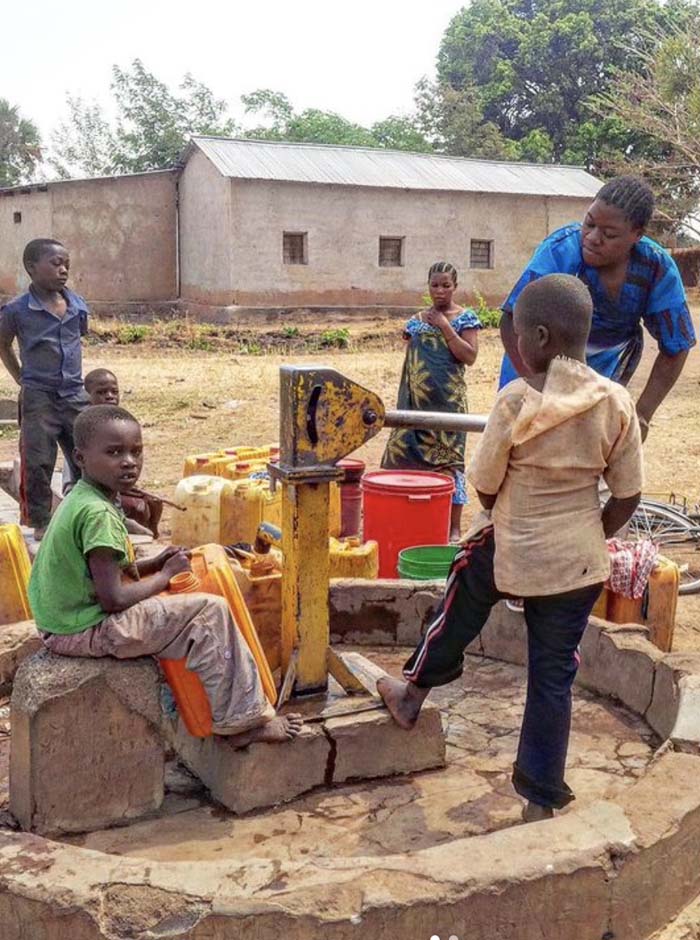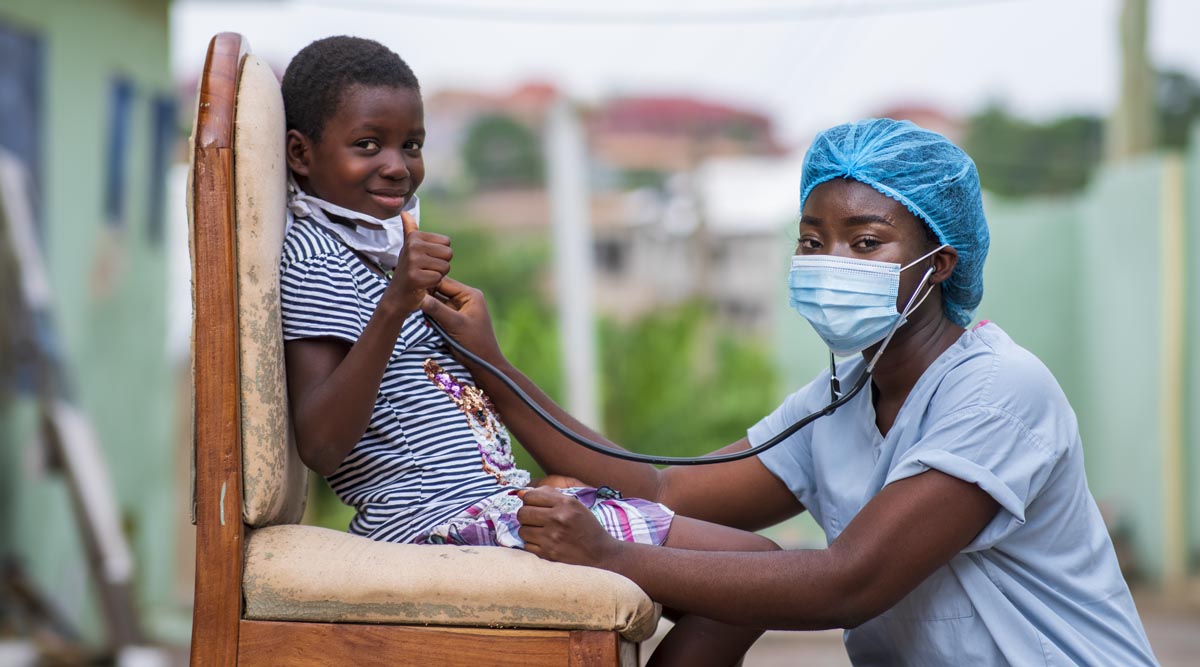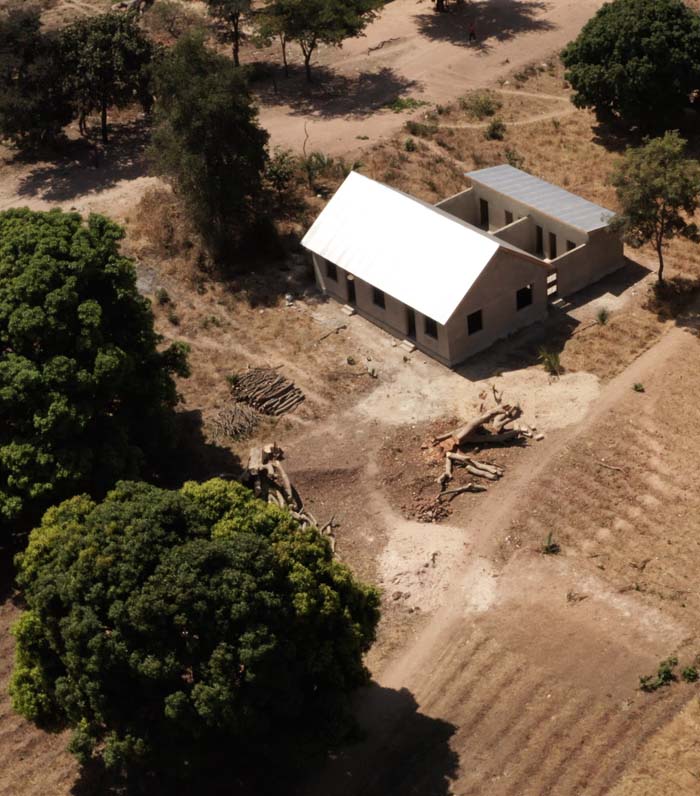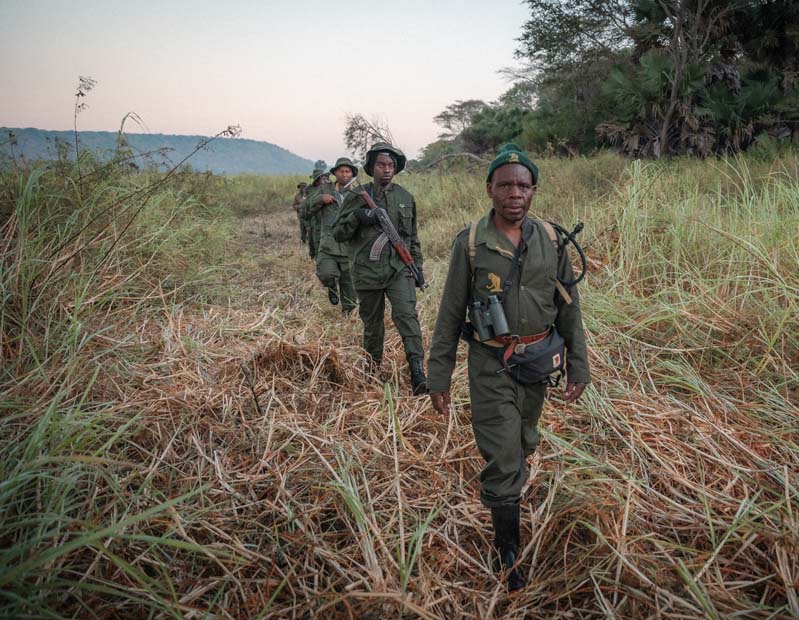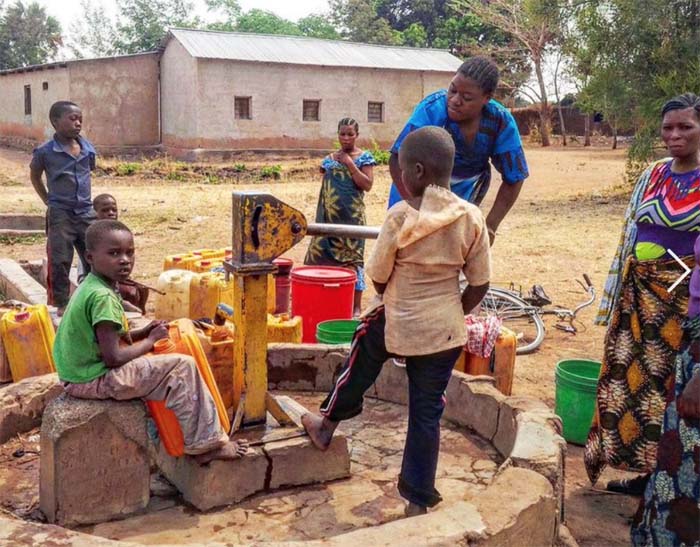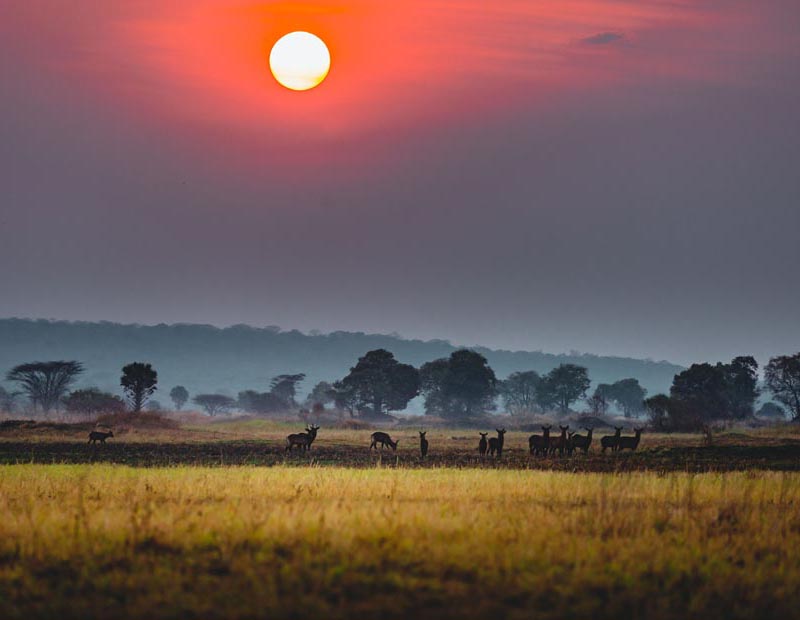Our foundation is involved and contributes towards training programmes in conservation and health, while also encouraging more eco-friendly livelihood practices in rural communities.
Community development Projects and Programs
Through our Village Benefits Scheme and other generous donations we have been working with all the villages adjacent to our Hunting Concessions across Tanzania. The funds generated are dispersed amongst these villages towards goals that benefit the communities as a whole.
These projects range from: building school class rooms, teacher’s accommodation, book libraries, to health dispensaries and immunisation mobile clinics as well as projects such as bore holes and clean water programmes. We also are involved and contribute towards training programmes in conservation and health. While also encouraging more eco-friendly livelihood practices such as bee keeping and tree planting.
Strong emphasis is made to the villagers that these benefits come to them on the basis of good conservation practices that protect the wildlife and habitat in the surrounding areas. To this end we have a mobile movie theatre which goes to all the villages showing educational health and conservation orientated movies.
We continue to work hand in hand with the Norlien Foundation and we are extremely grateful for their on-going support and we would also like to give special thanks to the Mary A. Tidlund Charitable Foundation and the Osu Children’s Library of Canada for both their enormous contributions.
Health and Wellness
Rural healthcare accessibility in Tanzania remains a major challenge with over 80% of the rural population experiencing very limited access to doctors and medicines. Lack of funds, facilities and trained personnel all contribute to poor health outcomes for many rural people. RHWF has contributed funds, transport, and enlisted volunteer doctors to enable over 3,000 rural people to receive medical care on an annual basis. This crucial service has detected many undiagnosed conditions, provided treatment for life-threatening illnesses, and offered critical maternal care. In addition, RHWF has distributed dozens of trauma kits to first response healthcare workers in our districts and together with District Medical Councils, has donated and distributed thousands of mosquito nets. Equally importantly, our volunteer doctors from the US and Canada have provided free training to frontline healthcare personnel in our districts to improve skills and update medical techniques. Improving lives through healthcare access is an integral part of our partnership with the communities that surround our areas.
Mobile Clinics
In remote regions of Africa, rural people often occupy seasonal dwellings far from established villages and centers, depending on weather conditions and the availability of water and other resources. Consequently, accessing already limited medical facilities becomes all but impossible for these semi-nomadic people. In order to extend vital medical care to these hard-to-reach people, RHWF dispatches 37 mobile clinics on a monthly basis to ensure that core services such as infectious disease prevention and maternal care are available in even the most remote locations
Medical dispenseries
A critical part of RHWF’s commitment to improved health outcomes in our neighboring communities is ensuring that lifesaving medication and medical supplies are available to those that need them. RHWF dispatches 22 medical dispensaries to remote rural communities on an annual basis. These dispensaries provide medicines and supplies to people who otherwise would have to travel multiple days to access them.
Clean Water Program
Lack of clean water is a constant problem for people in remote regions. Illness caused by dirty water can lead to death or incapacitation and rob communities of vital workers and prevent children from attending school. Additionally, the task of water collection often falls to women and young children who face danger from exhaustion and wild animals while traveling long distances to collect it. RHWF has installed 12 wells pumps and filtration systems in remote villages across Tanzania. The presence of safe, clean water in close proximity to communities reduces risks associated with traveling for water and returns vital time that can be used for work, study and community planning.
Mobile clinics are dispatched by our foundation monthly to rural communities.
Medical supply dispensaries mobilised to rural communities.
Water pumps and water filtration system installed in villages across Tanzania.
Education
The majority of Tanzania’s population is rural. Ensuring that rural residents have educational access on par with those in urban areas is a major development challenge that can have profound impacts on rural communities and the nation. Improvements in education have a crucial role to play in creating opportunities and equipping rural people with the knowledge and skills to build their livelihoods, incomes, and productivity. Growth in the agricultural sector which is critical for food security and improved outcomes for women and girls are both development areas that rely almost entirely on improving education. Education is also a potent weapon in the fight against poaching and habitat destruction. Improving agricultural output and economic opportunities in rural areas, ensures that youth aren’t drawn to illegal activity and have the skills to participate fully in an economy supported by sustainable wildlife management practices.
School Building Construction
RHWF has undertaken significant school construction activities with over 37 school buildings completed since 2006. These projects have included classrooms, kitchens, latrines, libraries, and administration offices. These efforts have enhanced educational infrastructure in the regions that we operate and have had an enormous impact, creating better learning environments for students in these areas and improving access to education and essential resources for local communities.
Teachers Housing Construction
Since 2006, RHWF has completed 75 units of teacher housing in the districts surrounding our areas. These housing projects have provided comfortable accommodation for teachers, furthering their commitment to educational development in these regions and ensuring that rural schools are able to retain the staff needed for effective and continuous education of students.
Conservation Education
RHWF’s Conservation Education efforts have been comprehensive and impactful. We have conducted various educational activities, including conservation film shows in 33 villages within our concession areas and internship programs for Tanzanian college and university graduates. These initiatives have played a crucial role in raising awareness about conservation and wildlife management. Additionally, the establishment of community libraries, with trained librarians and educational books, has contributed significantly to conservation education and community learning.
Supply of school stationary
RHWF has provided essential support for education through the supply of school stationery and educational books. These contributions play a crucial role in rural schools, where access to learning materials can be limited by both budget and supply chain. By providing school stationery and other educational materials, RHWF helps improve the quality of education in these areas and ensure that student’s efforts aren’t inhibited by a lack of basic materials such as pens, paper and books.
Schools built in rural areas of Tanzania
Hours per month of extra mural school education programs being run in rural communities.
Rural school children currently being supplied with stationary by our foundation.
Conservation and Anti-Poaching
Conservation and anti-poaching are one of the primary areas of focus of the Robin Hurt Wildlife Foundation. Poaching has very sadly been on the increase across the whole of East Africa over the past 15 years.
Community Development
Through our Village Benefits Scheme and other generous donations we have been working on community upliftment projects with all the villages adjacent to our Hunting Concessions across Tanzania.
Our Conservation Projects
Conservation and anti-poaching are one of the primary areas of focus of the Robin Hurt Wildlife Foundation. Poaching has very sadly been on the increase across the whole of East Africa over the past 15 years.

